Microplastic fibres from our washing machines are polluting our oceans
- 80% of microplastic pollution found in the ocean comes from plastic micro fibres.
- This pollution mainly comes from wastewater from developed nations.
- Microfibres have the potential to poison the food chain.
- Microfibres have already even been found in the placentas of unborn babies.
- Hundreds of thousands of microscopic plastic fibres are released into the wastewater every time we wash our clothes.
- In Australia, between 400-4000 tonnes of these microfibres end up in our ocean each year.
- We can act now, to help stop this pollution.
Be part of the solution
Join us as we work to have oceans free from from plastics, microplastics, microfibres and all other forms of ocean pollution.
- Learn how to reduce your microplastic footprint.
- Take the survey informing governments on microfibre pollution.
- Support Clean Ocean Foundation by donating or becoming a member.



